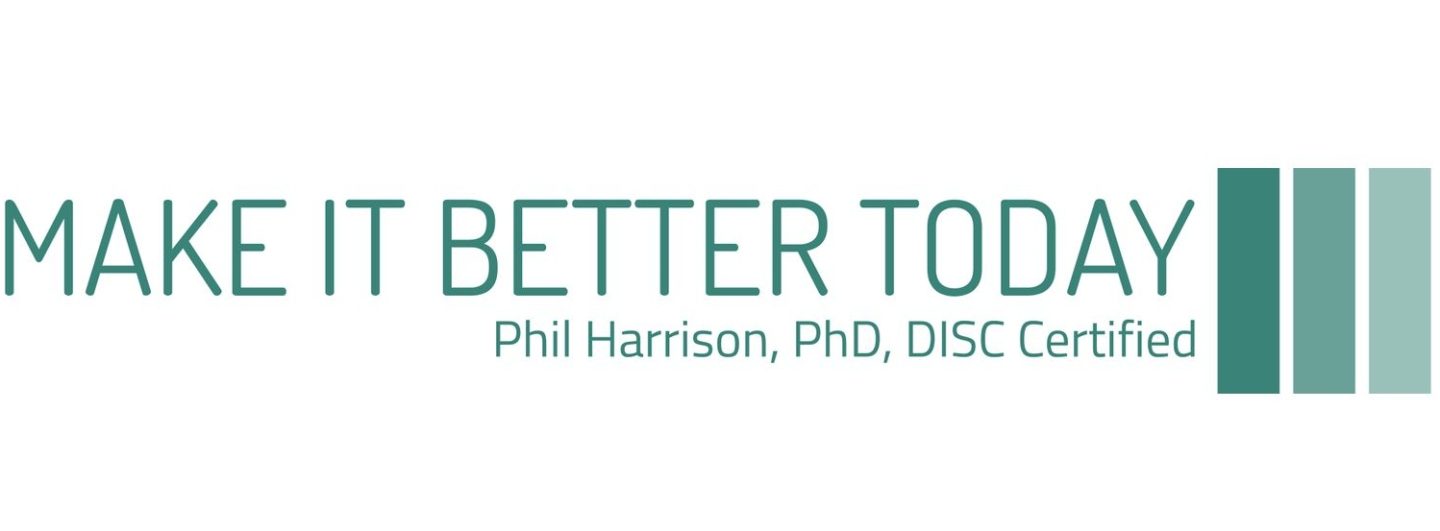 People who can self-acknowledge have the ability to value themselves, their feelings, and efforts. Students who have experienced trauma often have difficulty in this area and often rely on environmental feedback to determine value. As such, they need to be in environments that are positive and filled with encouragement.
People who can self-acknowledge have the ability to value themselves, their feelings, and efforts. Students who have experienced trauma often have difficulty in this area and often rely on environmental feedback to determine value. As such, they need to be in environments that are positive and filled with encouragement.
In their book Fostering Resilient Learners: Strategies for Creating a Trauma-Sensitive Classroom, authors Kristin Souers and Pete Hall note the positive developments children experience when they receive praise from caring adults. Students increase their attachment, relationships, self-esteem, and positive social manners in praise-rich environments (p. 184).
In order for praise to be the most powerful and effective in contributing to the overall well being of children, it must be authentic. In her book Mindset, author and psychologist Carol Dweck recommends complimenting students on the things they can control. Dweck recommends the following guidelines for praise:
- Praise effort.
- Encourage resilience.
- Champion growth.
Creating a positive classroom culture of praise and encouragement requires tremendous forethought. As you plan for the week, think of ways you can incorporate authentic praise in your classroom. All of your students will benefit greatly, and so will you!
